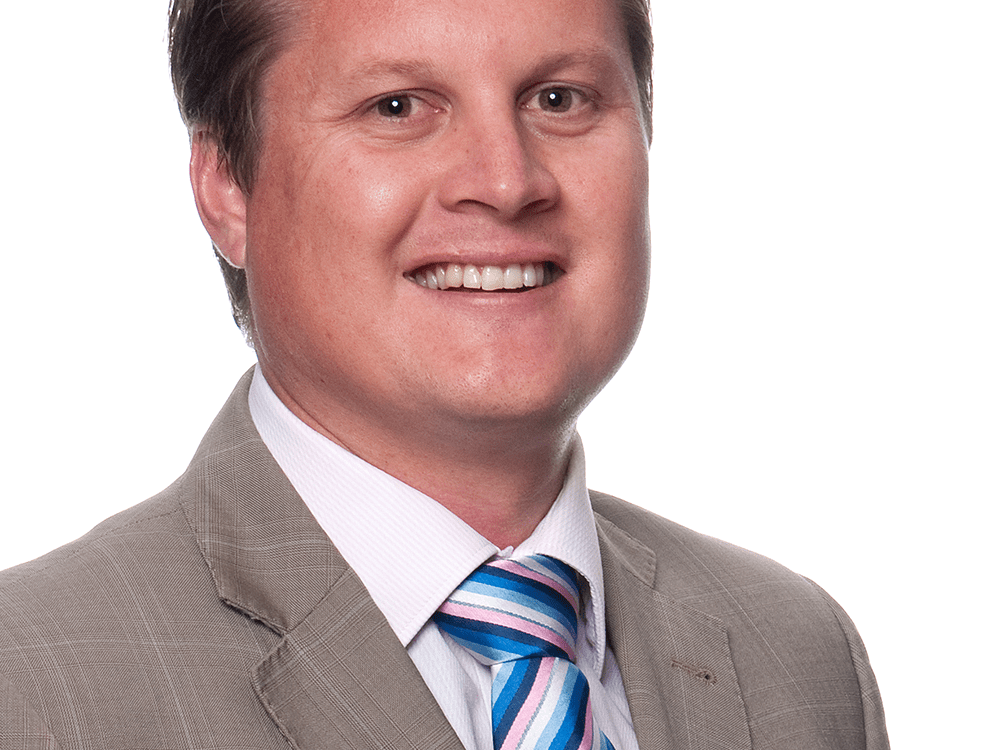Invest
Should younger Australians stay on their parents’ insurance plans
With many young Australians being forced to stay at home longer due to financial constraints, an advocacy group has proposed raising the age of dependency for health insurance as a way to save these Australians up to $12,600.
Should younger Australians stay on their parents’ insurance plans
With many young Australians being forced to stay at home longer due to financial constraints, an advocacy group has proposed raising the age of dependency for health insurance as a way to save these Australians up to $12,600.

In a conversation with nestegg, Members Health Fund Alliance CEO Matthew Koce outlined how younger Australians who are active and starting out in life are concerningly dropping their private health insurance due to the high cost of premiums.
“We know that a number of people who are dependents do drop their cover. That is a period where there is a spike in people leaving private health insurance.
“They are often at university still at 25 years of age. Many people 25 years of age simply do not have the finances for private health insurance, and that is a concern,” Mr Koce said.
Under the Health Fund Alliance’s proposal, which would see the age for family policies raise from 25 to 30, dependent Australians with median single gold hospital treatment policy would save $2,520 per year.

“The legislation is out of date, and no longer reflects modern-day family life or cost-of-living pressures, which many young people struggle to overcome during the formative years of financial independence,” Mr Koce said.
In 2017, 56 per cent of men aged 18 to 29 lived with their parents, up from 47 per cent in 2001. For women, the number increased from 36 per cent to 54 per cent.
“The world is not what it was 30, 20 or even 10 years ago,” Mr Koce said.
“Young Australians now take more time to reach certain milestones – milestones such as completing tertiary study, landing solid employment in their chosen career, affording a first home, marrying or raising a family. These milestones have long defined ‘adulthood’ and provided the foundation for government policy. It’s time to review those dated perceptions when it comes to health cover.”
While highlighting the benefit of a non-discriminatory health policy, effectively younger Australians are being forced to foot the bill for older Australians, despite not being in a place to pay more for insurance.
“In Australia, we have community rating and it’s legislated. It says that everyone pays the same for their private health insurance regardless of their age or health status.”
“So, we have a very fair and non-discriminatory system in Australia. So, young people pay the same as older people, but young people get old,” Mr Koce continued.
Mr Koce also explained that many younger Australians who believe they do not need health insurance might actually need it the most.
“When you’re young, the last thing you want to do is drop private health cover because you’re often most active.
“It is a really important time in your life. If you do an injury on the sporting field or hurt yourself at work, you want access to fast quality care.
He highlighted that a knee reconstruction for the private sector is 24 days, while in the public system for non-emergency emission, it was 109 days.
Mr Koce also stated that it wouldn’t cost the government more money but it could create an economic benefit by getting younger people back to work sooner.
“There is a productivity benefit to having fast access to care. If you’re in pain, you’re not going to be productive in the workforce.
“If you’re mobility challenged, you might not be able to do your job. If you have a physical job and have an issue with your knees or hip, and you’re in a physical job, then there is an economic impact,” Mr Koce concluded.
Did you enjoy this article? You might also be interested in:
- Mental health and insurance- what you need to know
- Life insurer won't falter on COVID-19 cover
- Climate forcing Australians to cough up more for insurance
About the author

About the author


Insurance
Australians prioritise life insurance over luxuries amid cost-of-living pressures
Australians are choosing to maintain life insurance and income protection policies over discretionary spending including gym memberships, holidays and mobile phone upgrades, new research has found. Read more

Insurance
Aussie property owners teeter on financial ruin as underinsurance crisis escalates
According to industry-first data compiled by leading insurance expert MCG Quantity Surveyors, Australian property owners are facing a dire underinsurance crisis, with many just one insurance event ...Read more

Insurance
Insurers ramp up concerns over greenwashing amid stricter ESG standards
A recent global study has shed light on the growing apprehensions within the insurance industry regarding greenwashing, as environmental, social, and governance (ESG) criteria become more rigorous. Read more

Insurance
Ortec Finance study highlights insurers' readiness to tackle increased investment risks amidst growing concerns
A new study conducted by Ortec Finance, a premier provider of risk and return management solutions for the financial sector, indicates a notable shift in the risk-taking attitude among insurers ...Read more

Insurance
Climate disasters leave 1 in 25 properties uninsurable by 2030
Climate change-induced disasters and mounting risks of dangerous weather will make one in 25 Australian properties “effectively uninsurable” by 2030, according to a damning new report from Australia’s ...Read more

Insurance
Insurers running for cover from accusation of “failing consumers”
As insurance providers have recently been inundated with a large volume of claims for damages from yet another set of so-called “once-in-a-hundred-years” floods, the embattled sector is now coming ...Read more

Insurance
Class action over add-on insurance commences in court
Allianz has been accused of engaging in misleading or deceptive conduct. Read more

Insurance
Saving money on insurance means asking the right questions
There are plenty of must-do’s and missteps that those looking to buy home and contents insurance need to stay on top of. Read more

Insurance
Australians prioritise life insurance over luxuries amid cost-of-living pressures
Australians are choosing to maintain life insurance and income protection policies over discretionary spending including gym memberships, holidays and mobile phone upgrades, new research has found. Read more

Insurance
Aussie property owners teeter on financial ruin as underinsurance crisis escalates
According to industry-first data compiled by leading insurance expert MCG Quantity Surveyors, Australian property owners are facing a dire underinsurance crisis, with many just one insurance event ...Read more

Insurance
Insurers ramp up concerns over greenwashing amid stricter ESG standards
A recent global study has shed light on the growing apprehensions within the insurance industry regarding greenwashing, as environmental, social, and governance (ESG) criteria become more rigorous. Read more

Insurance
Ortec Finance study highlights insurers' readiness to tackle increased investment risks amidst growing concerns
A new study conducted by Ortec Finance, a premier provider of risk and return management solutions for the financial sector, indicates a notable shift in the risk-taking attitude among insurers ...Read more

Insurance
Climate disasters leave 1 in 25 properties uninsurable by 2030
Climate change-induced disasters and mounting risks of dangerous weather will make one in 25 Australian properties “effectively uninsurable” by 2030, according to a damning new report from Australia’s ...Read more

Insurance
Insurers running for cover from accusation of “failing consumers”
As insurance providers have recently been inundated with a large volume of claims for damages from yet another set of so-called “once-in-a-hundred-years” floods, the embattled sector is now coming ...Read more

Insurance
Class action over add-on insurance commences in court
Allianz has been accused of engaging in misleading or deceptive conduct. Read more

Insurance
Saving money on insurance means asking the right questions
There are plenty of must-do’s and missteps that those looking to buy home and contents insurance need to stay on top of. Read more








